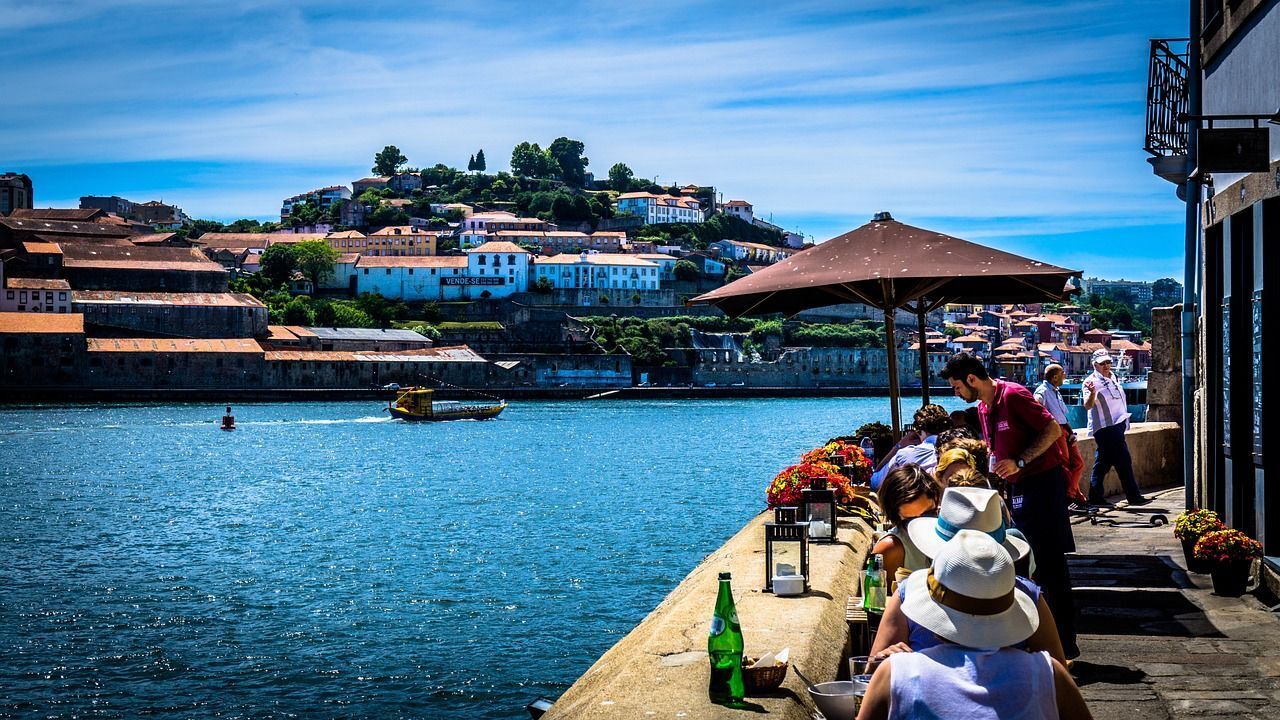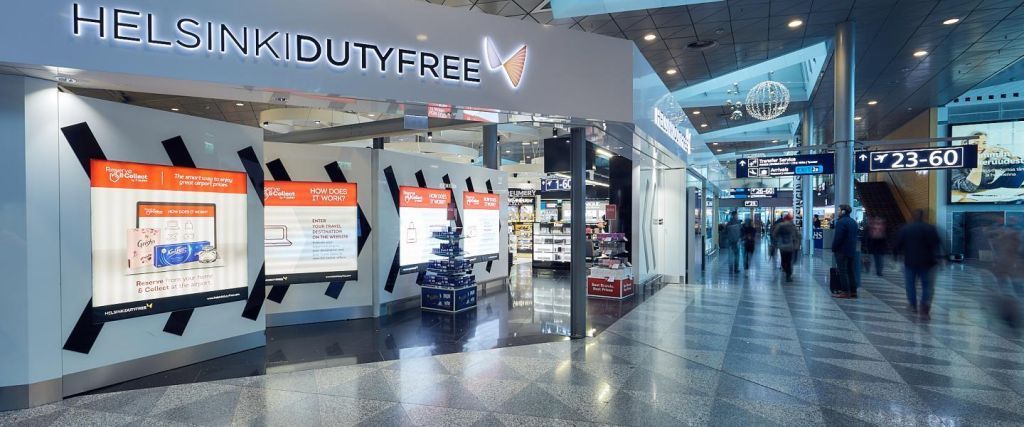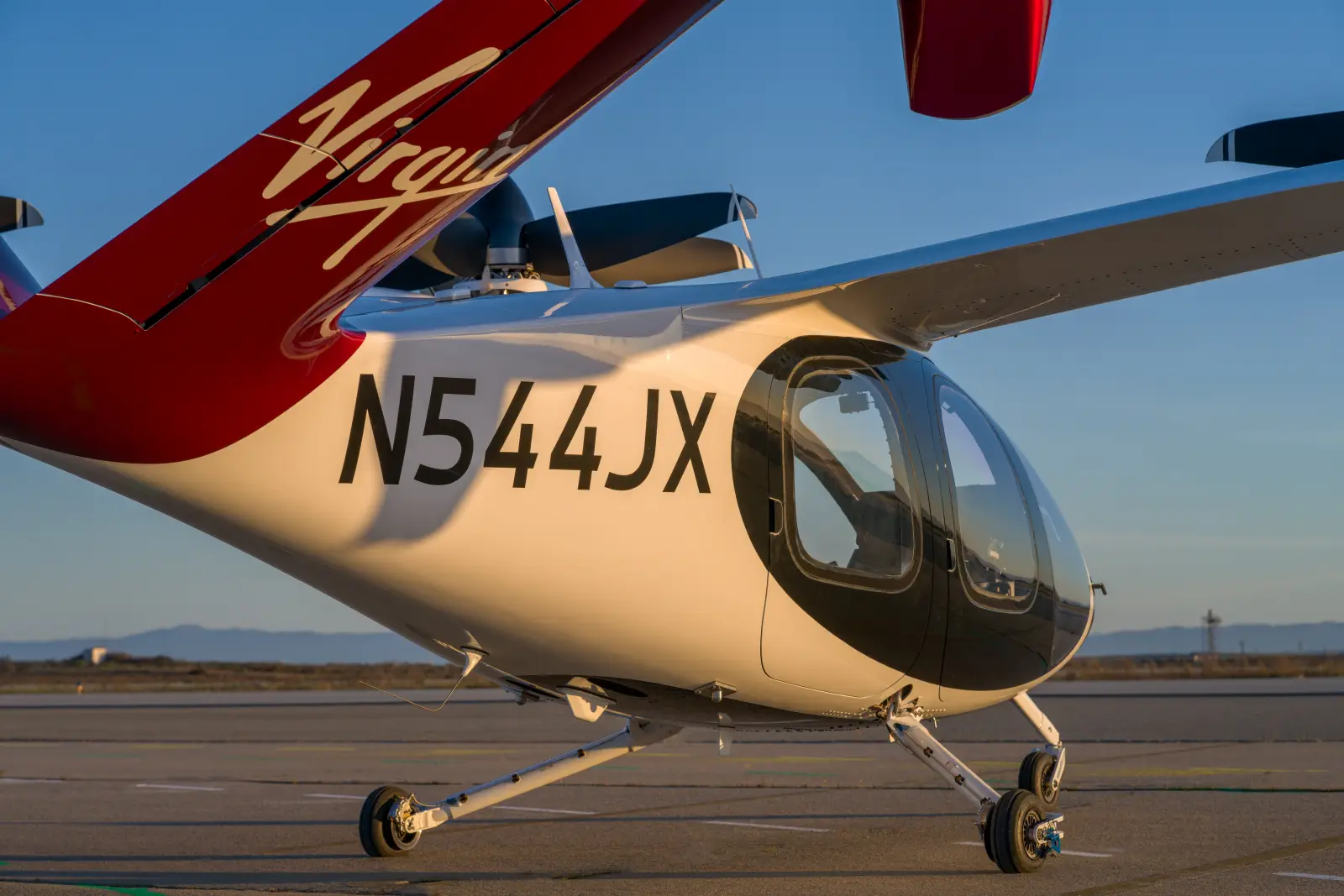Tourists visiting Venice will need to pay entry tax, which will range from €2.50 to €10 depending on the time of year.
The Italian parliament approved the entry tax in its budget for 2019.
Authorities in the Italian holiday hotspot have been given the power to introduce the entry charge, which will replace the current tourist tax that is only paid by visitors spending a night in a hotel or rented apartment.
The new fee will have to be paid by all tourists in the city, even day-trippers who only visit for a matter of hours.
Luigi Brugnaro, the mayor of Venice, said that the money collected would help fund the cleaning up of rubbish that day-trippers leave behind.
Overtourism is a major issue in Venice. The city is visited by over 20 million visitors in a year. Life for those remaining local residents is impaired by this influx of day trippers and tourists. On any given day, they are forced to negotiate crowds and put up with noisy wheelie suitcases, selfie sticks and often disrespectful behavior – swimming in canals, picnicking on bridges – as they try to go about their daily lives. They see the city they love being littered; they watch vast cruise ships chug up and down the Giudecca Canal four or five times a day, emitting fumes before disgorging thousands of people; and they reflect on how the artisan spirit of the city has been eroded.
In order to fight with the overtourism, gates were installed at the two entry points to the lagoon during peak periods last year in an attempt to ease the throng heading towards St Mark’s Square and the Rialto Bridge. If numbers get too high, the gates are closed and access is allowed only to those with hotel bookings or holding a Venezia Unica pass, a card that is mainly used by residents but can be bought for €40 by anyone who uses a water bus.
The mayor also authorized fines of €500 for noisy, wheeled suitcases being used in the historic center, as well as fines for littering and loitering on bridges, swimming in canals, wearing swimwear while sightseeing and picnicking in public areas.
In addition, any tourists arriving by car via the Ponta della Liberta from the mainland could be turned away if they don’t have pre-booked parking.
Sources: The Guardian, Daily Mail, responsibletravel.com













